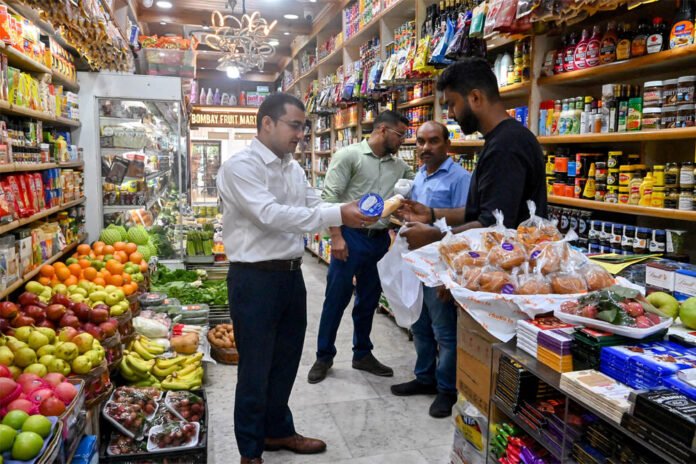The study found that food and beverage products sold by large multinational companies in low-income countries like India, Their ratings are much lower than products being sold in wealthy countries.
A study report has revealed that the world’s 30 largest food and beverage manufacturing companies sell such products in low-income countries like India, which have adverse effects on people’s health. This is worrying information. The Government of India and the health experts here should seriously investigate the facts included in the report. If the findings of the report have any substance, then maximum stringent action should be taken within the ambit of Indian law. No company can be allowed to play with people’s health to increase profits. According to the Netherlands-based organization ‘Access to Nutrition Initiative’ (ATNI), it studied thousands of products from big multinational companies like Nestle, Unilever and PepsiCo. This is the fifth index report of ATNI.
According to the organization, this is its biggest assessment till date. The organization uses the Health Star Rating (HSR) system developed in Australia and New Zealand to check the quality of products. A total of 52,414 products were analyzed through this. The study found that food and beverage products being sold in low-income countries like India have lower ratings than products being sold in wealthy countries. In low-income countries, the products of these companies got a rating of 1.8 out of five, while in high-income countries they were given a rating of 2.3. Products that score more than 3.5 are considered better for health.
As such, these companies are not selling their products as per the expected standards even in rich countries. There have been complaints about packaged foods and drinks being high in sodium, sugar and other such ingredients. They have also been accused of using preservatives and chemicals to enhance taste. But the influence of these companies is such that they influence the governments. Therefore, a concrete investigation cannot be conducted against him. But now there is an urgent need to change this practice.

